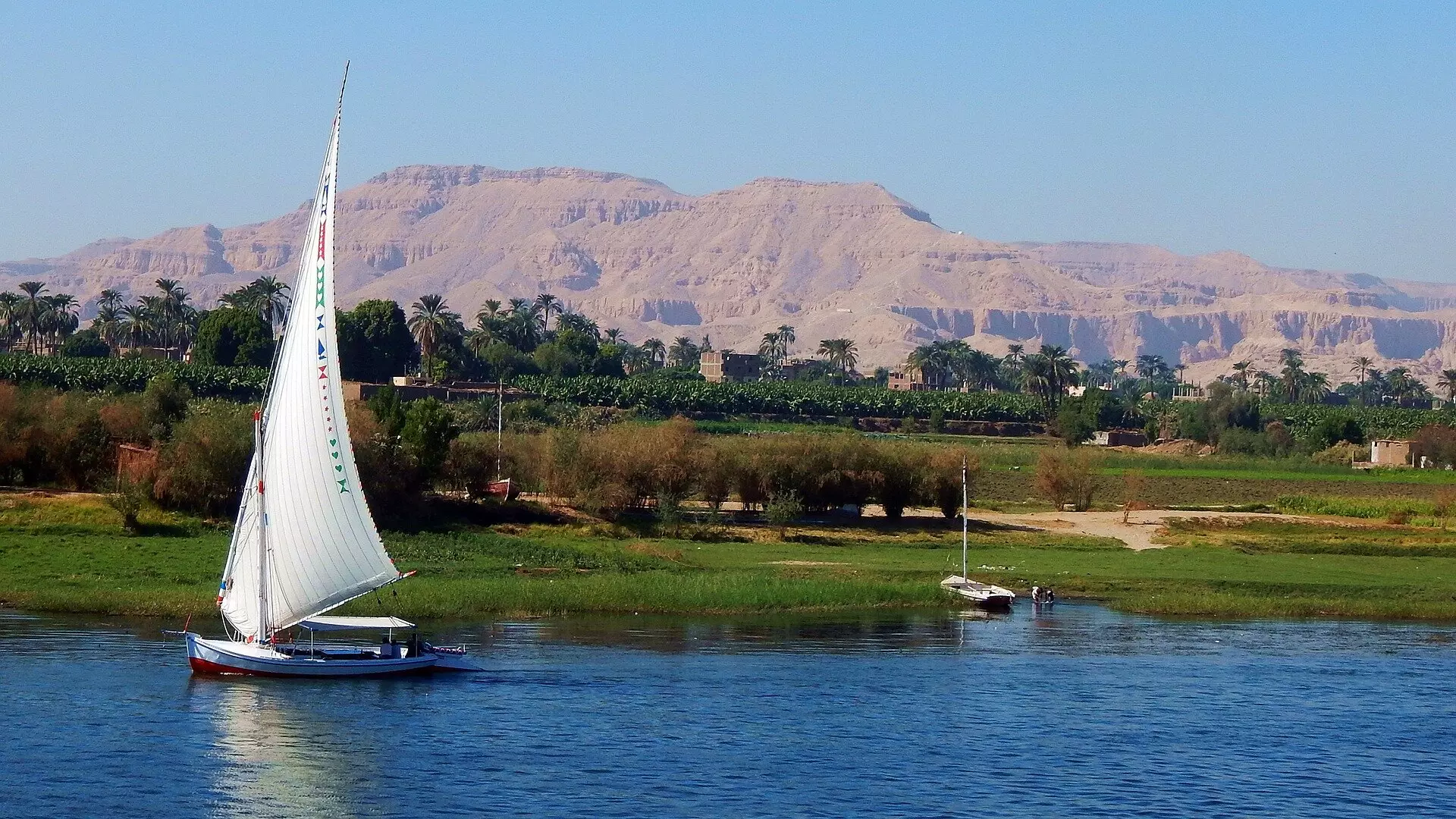The Nile River has long been a source of contention among the 11 countries it flows through in East Africa. Issues surrounding water access, energy production, environmental concerns, and cultural significance have created tensions that often overshadow opportunities for collaboration and mutual benefit. However, a recent study conducted by The University of Manchester, in collaboration with regional organizations, offers a fresh perspective on resolving these conflicts through innovative approaches to energy trading.
The traditional method of tackling water disputes in transboundary river basins, such as the Nile, has typically been focused solely on water resources. However, Dr. Mikiyas Etichia and his team propose a shift towards a more holistic approach that considers the sharing of benefits derived from water resources, such as hydro-generated electricity, agricultural produce, and fisheries. By approaching the conflict from this angle, the researchers believe that a win-win situation can be achieved, benefiting all parties involved.
At the core of the conflict lies the Grand Ethiopian Renaissance Dam (GERD), a massive project on the Blue Nile River in Ethiopia aimed at improving the country’s electricity access and exporting power to neighboring nations. This initiative has sparked disagreements between Ethiopia, Sudan, and Egypt over water rights and access. To address these issues, the scientists developed a simulator covering 13 East African countries, including those within the Nile Basin, to model potential energy trade agreements between the three nations.
Through increased electricity trade, the countries can tackle water shortages, enhance hydropower generation, decrease energy wastage, and lower greenhouse gas emissions. The study emphasizes the significance of intricate multisector simulations in unraveling the complex interdependencies within large multi-country resource systems. Professor Julien Harou points out that the energy trade scenarios presented in the research offer viable solutions aligned with each country’s national interests.
While the proposed energy trading arrangements show promise, their implementation would require thorough evaluation from governance and legal standpoints to ensure their viability. If successfully executed, these initiatives could play a pivotal role in promoting sustainable resource management and fostering regional stability in the Nile Basin.
The study conducted by The University of Manchester sheds light on a groundbreaking approach to mitigating the long-standing disputes over the Nile River’s water resources. By adopting a new perspective centered on energy trading and benefit-sharing, the researchers offer a glimmer of hope for resolving conflicts and promoting cooperation among the countries in the region. The innovative solutions presented in the study have the potential to pave the way for sustainable resource management and enhanced regional stability, transforming the narrative surrounding the Nile River conflict.


Leave a Reply